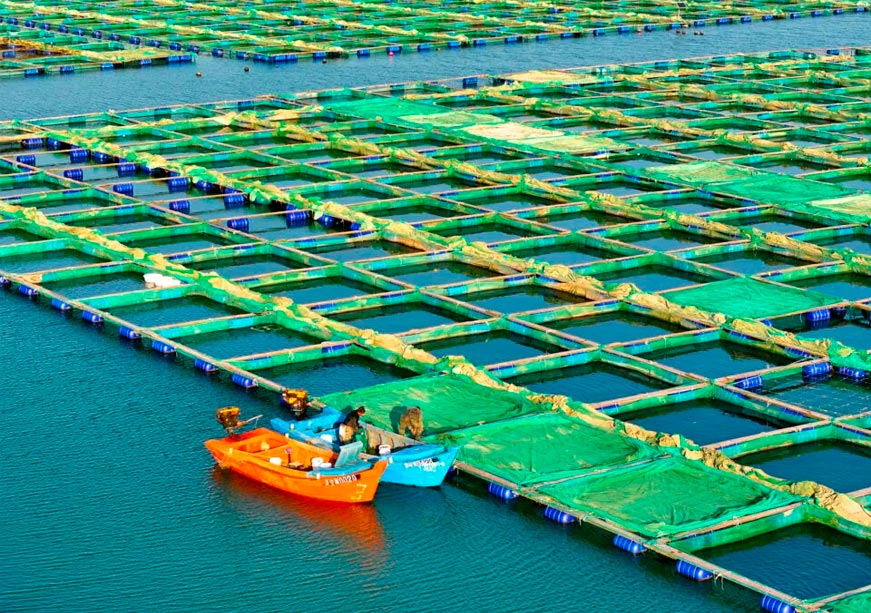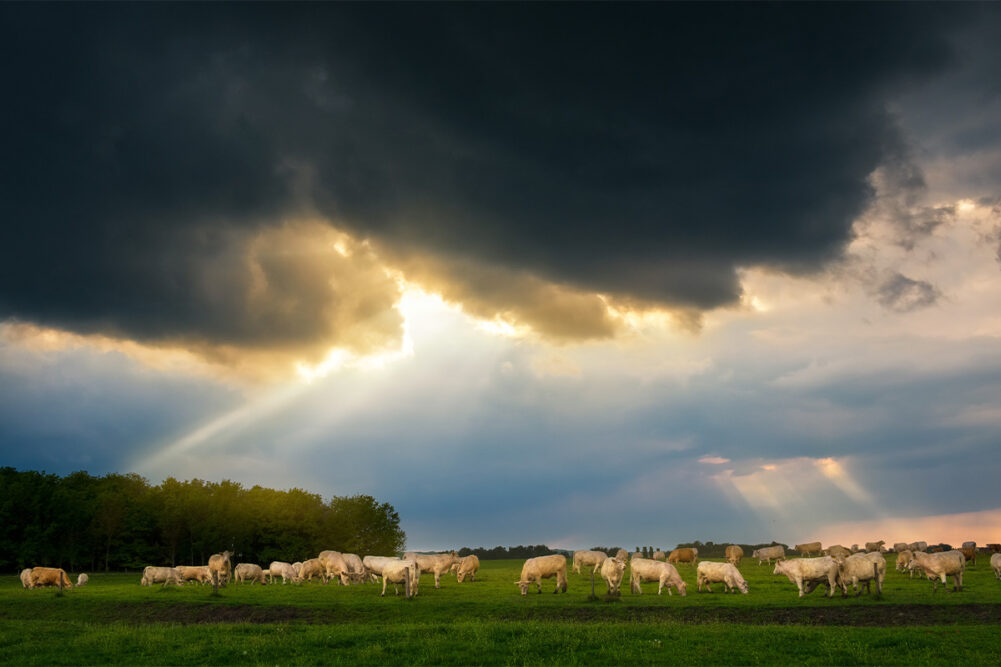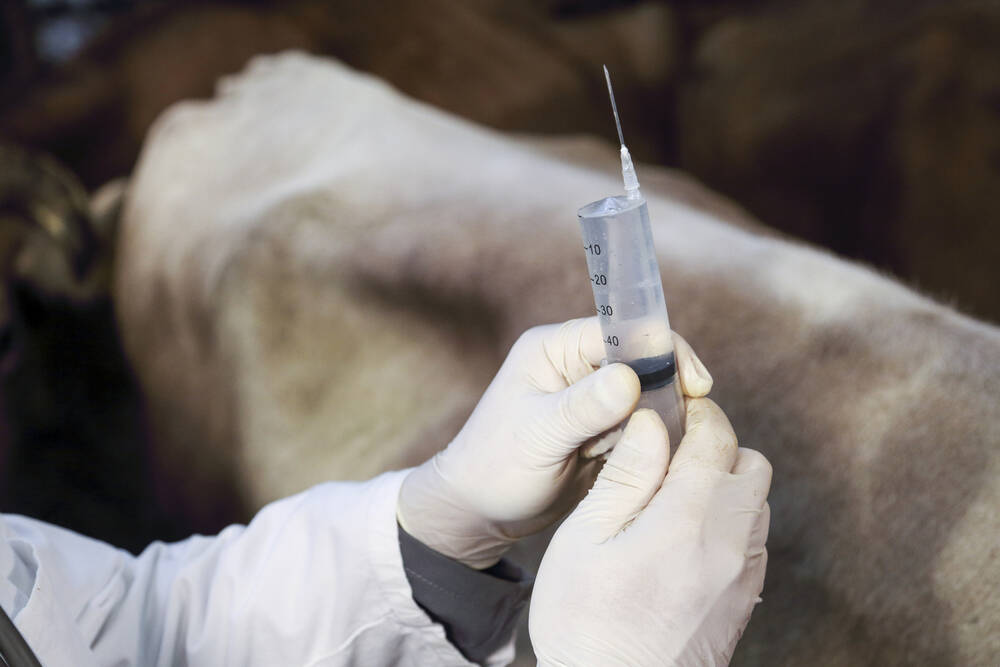In Canada, rapeseed, better known in North America as canola, is a $26 billion industry. Grown mostly in the western prairie provinces, it's one of the nation's top moneymaking crops. But there's major problem looming over Canada's canola farmers.
In 2003, a fungus that produces a disorder known as clubroot was discovered in Alberta. Clubroot has been around for centuries, especially in Europe; it is a swiftly-spreading fungus that causes large swells on the plants roots, and it’s most common among the brassica family of plants, which includes cabbage, broccoli, cauliflower, Brussels sprouts, kale, and canola. Clubroot, as a disease, sucks all the water and nutrients from the plant’s normal operations and redirects it to those big protuberances, which means the plant has fewer resources to grow strong and produce seeds. Today, the clubroot fungus is widespread throughout Alberta’s and Manitoba’s canola fields. This is potentially disastrous for two main reasons. First, clubroot fungus produces hundreds of millions of spores, which can spread very quickly. It’s estimated that yield loss is roughly half of the percentage of infected plants. In other words, if a farmer has an infection rate of 50 percent, that farmer will lose roughly 25 percent in yield. That’s a massive problem. Even worse, clubroot is incredibly adaptable and hard to eradicate. Changing the pH of the soil with lime can have some beneficial effects, but actual eradication is expensive and uncertain. Fungicide-resistant varieties of canola produced by big-Ag companies like Monsanto tend to be effective only briefly as the fungus quickly develops resistance. According to scientists, the best strategy is unfortunately not ideal—or even tenable—for many current canola farmers. Developing a crop rotation where canola is only planted every third or fourth year can effectively quarantine the fungus, preventing it from spreading. But that means farmers have to switch from the very lucrative canola crop to something like wheat or barley, which brings in far less money. And even worse, the fungus problem has driven up canola prices, so a farmer may be inclined to take a short-term view, plant a ton of canola, and sell whatever survives at a large profit—while allowing the fungus to spread. Source - https://modernfarmer.com
ScaleAgData Stakeholder Engagement Event
22.10.2024The ScaleAgData project is pleased to invite you to our second stakeholder event. Building on the discussions and connections formed during our first webinar, this event will focus on fostering collaboration among stakeholders, providing updates on our project’s progress, and outlining future opportunities for engagement.

Italy - Farmers devastated as nationwide crisis wipes out key crop
Fig lovers in Italy and beyond might find their favorite fruit harder to come by this year.

Brazilian food org aims to change local agriculture methods
Food awareness organisation ProVeg Brazil has began a project to help Brazilian livestock farmers transition to plant-based agroforestry.

USA - D2D satellite tech could make livestock tracking far more affordable in future
Andy Kessler is the VP Enterprise and Land Mobile for global communications company Viasat.

Blue food making waves for sustainability and security in East Asia
East Asia is well-positioned to lead the global transition towards sustainable aquatic food systems, or ‘blue food’.

Zimbabwe interested in Belarusian dairy products and agricultural machinery
Belarus’ Agriculture and Food Minister Yuri Gorlov held negotiations with the Deputy Minister of Lands, Agriculture, Fisheries, Water and Rural Development of the Republic of Zimbabwe, Vangelis Haritatos, sb.by reports

Azerbaijan to host agricultural product festivals across 13 regions
Azerbaijan is set to hold agricultural product festivals in 13 locations across 9 economic zones, aiming to promote local production and highlight the economic potential of various regions.

South Korea grapples with surging prices for livestock, processed foods
Livestock and processed food prices in South Korea have soared, fueled by multiple factors including currency depreciation and rising raw material costs, further straining residents' cost of living.

Tanzania roles out national livestock vaccination, identification campaign
The government is set to launch a nationwide livestock vaccination and identification campaign on June 16, 2025, aimed at boosting animal health and opening up access to regional and international markets.




